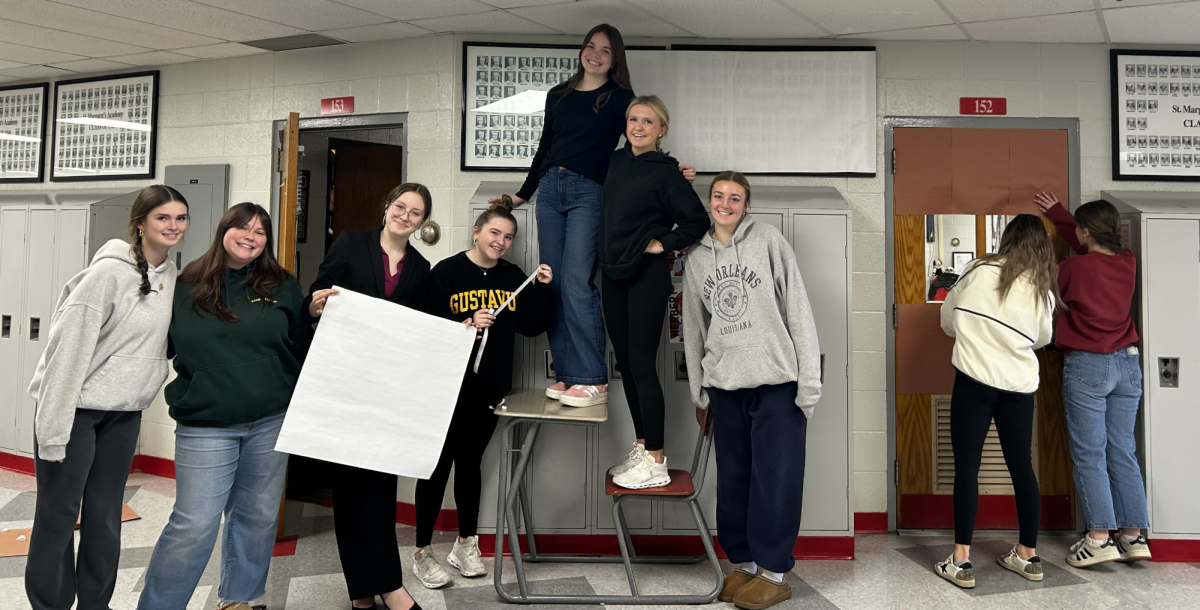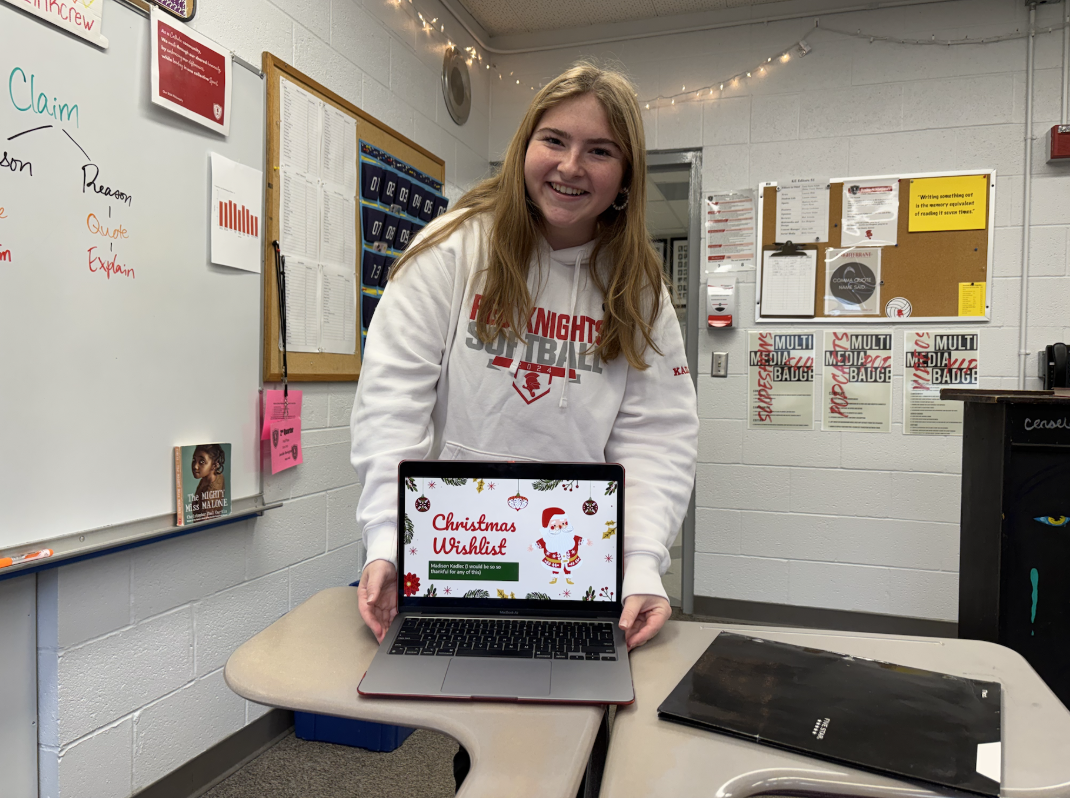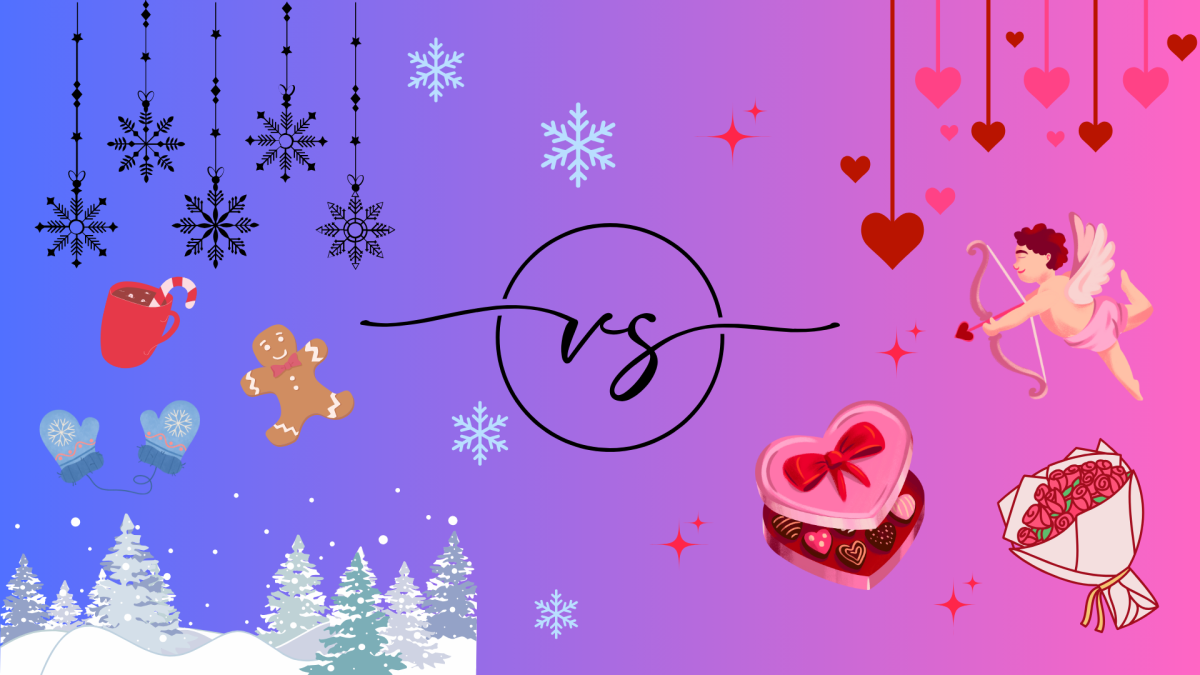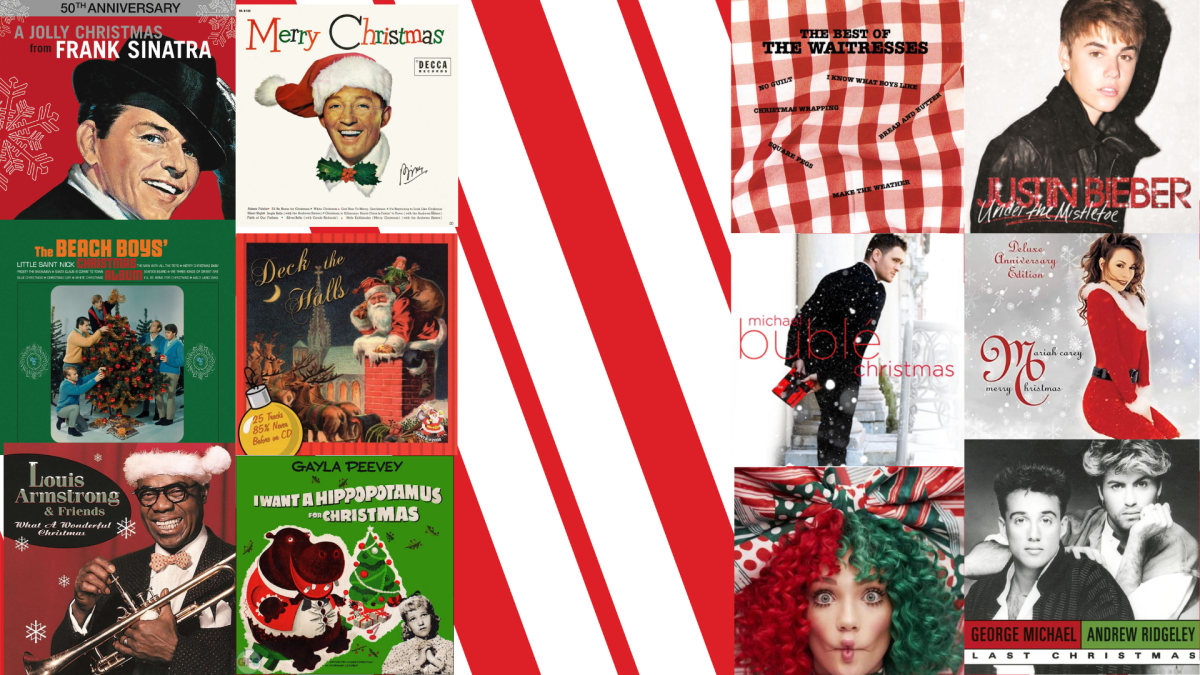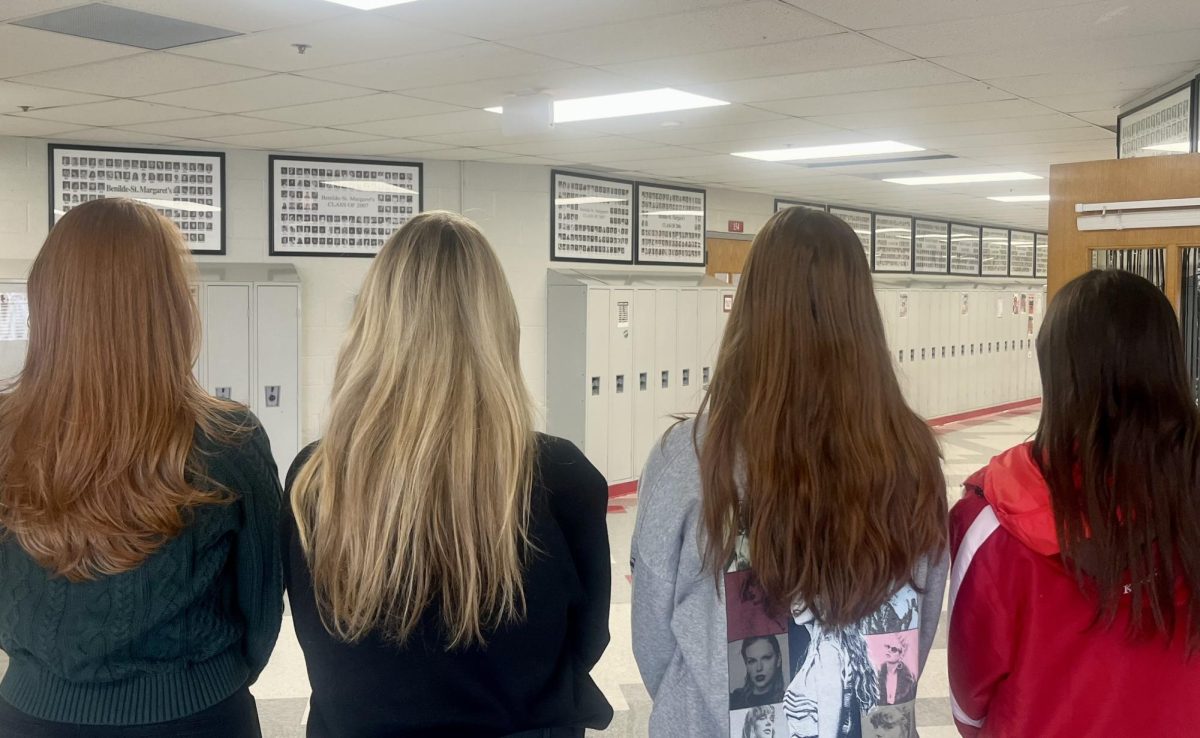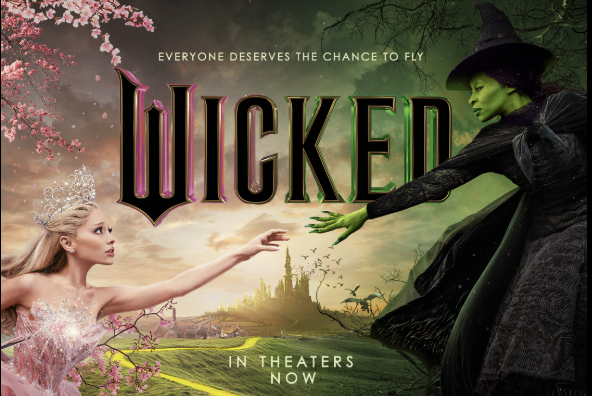If book bans were in place at BSM, the English curriculum would not include literary classics like “Of Mice and Men,” “Catcher in the Rye,” or “To Kill a Mockingbird.” If book bans limited the publishing world, “Harry Potter,” “Junie B. Jones,” and “Bridge to Terabithia”––all examples of novels that encourage free-thinking and imagination––would be swept off of library shelves nationwide, never to be read or experienced by a child ever again.
Banned books is a topic that seems to be, well, censored. “You almost never hear about it,” said Pete Hautman, author of the 2004 National Book Award winner and frequently challenged novel, “Godless.”
Schools and libraries all across America challenge books to this day, including novels such as the aforementioned. Banned books are often harmless books that encourage imagination and promote freethinking. For example, a New Hampshire public school removed the popular novel “The Hunger Games,” from its shelves for “glorifying violence,” when the real intention of the novel was to point out the dangers of glorified violence.
Novels allow children to escape their everyday lives and reach conclusions on their own; whether admiring Harry’s bravery through Hogwarts or sympathizing with Junie B. Jones when she is forced to ride the “big smelly bus,” children learn and feel comforted by literature. Little do these well-meaning caregivers know, limiting a child’s access to books does more harm than good. “Books let people see real problems being acted out,” said Charlotte Sullivan, literature professor at Normandale Community College.
For some kids, reading books that discuss tricky topics may be their only way to learn about something they’re dealing with. “No book is right for every kid, but some books are needed by some kids,” said Ellen Hopkins, author of “Crank,” the most challenged book of 2010, a story of a high schooler’s struggles with a meth addiction, loosely based upon the struggles of her own daughter.
Present-day censorship does not come from hatred of material or even ignorance, but from parents simply trying to protect their children. These parents find “questionable content” in a book and will voice their concern to a librarian, teacher, or administrator.
Instead of challenging the book as a whole, parents should consider reading the book with their child, or looking at the questionable material beforehand. There is no need to remove a book from shelves just because a minority, or even the majority, have objections to it.
Although making sure books are read by those who are ready to receive the content is important, no one has the right to make that choice for others. Censorship is like people covering the eyes of the people in front of them at a horror movie instead of their own. The wonder of the literary world in itself is the ability to share thoughts and opinions, no matter what others think.








